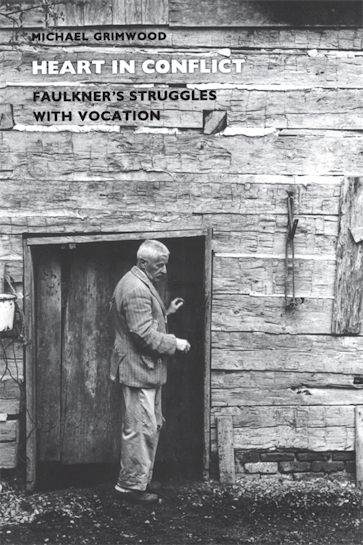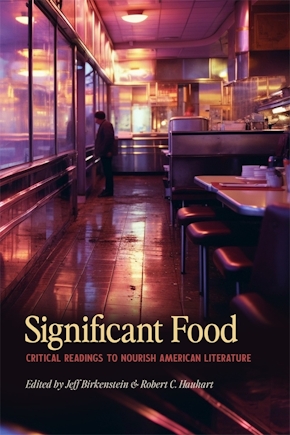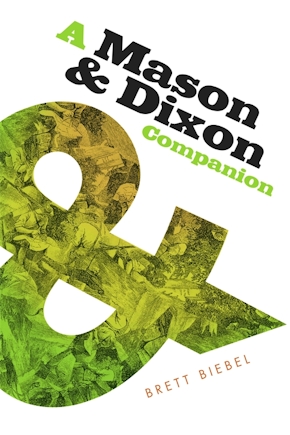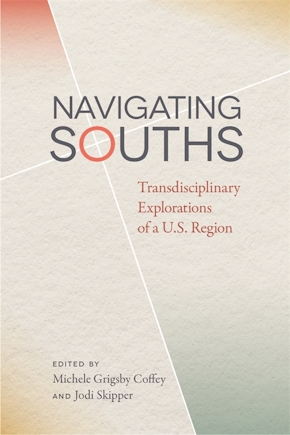Heart In Conflict
Faulkner's Struggles with Vocation
Title Details
Pages: 400
Trim size: 6.000in x 9.000in
Formats
Paperback
Pub Date: 01/01/2009
ISBN: 9-780-8203-3370-0
List Price: $41.95
Related Subjects
Heart In Conflict
Faulkner's Struggles with Vocation
Skip to
- Description
- Reviews
Heart in Conflict is a study of two periods of intense vocational crisis in William Faulkner's career as a writer: his time of apprenticeship, before the composition of The Sound and the Fury, and the beginnings, in the late 1930s and early 1940s, of the long season of decline that followed the completion of Absalom, Absalom!
These periods of crisis, Michael Grimwood argues, grew out of an ongoing tension between the divided components of Faulkner's personality between two versions of himself: the illiterate bumpkin and the sophisticated aesthete. It was a collaboration between these two postures that formed Faulkner's vocation, that created the impulse to translate the rural, unlettered world of Oxford, Mississippi, into a literature of the highest ambitions. But Faulkner was neither bumpkin nor aesthete. His awareness of the fraudulence of both his self-images, and ultimately his art, caused him to create, beginning with The Wild Palms in 1939, novels divided against themselves both structurally and thematically, novels whose complexities emanate from their author's own complex personality.
Grimwood traces the formation of Faulkner's divided personality in his childhood and youth, in the conflicting influences of literature and landscape, in the conflicting urges wrought by a mother who called him to the rigors of the schoolhouse and a father whose interests led to the diffuse pleasure of the world outside. The conflict gained dimension when Faulkner's earliest poems, written in the style of the European pastoral, were mocked by students in the pages of the University of Mississippi literary magazine. Faulkner internalized this mockery, and it would emerge in the late 1930s and early 1940s as a destructively self-critical compulsion to write novels—The Wild Palms, The Hamlet, Knight's Gambit, and Go Down, Moses—that were simultaneously pastoral and mock-pastoral, that reflected both an impulse to bequeath his own substance through words and a virtual surrender to illiteracy.
In many ways, the tensions that divided Faulkner—tensions between pastoral ideal and rural reality, between flights of language and attachment to the wordless soil—also divided the whole of southern literature and society from the time of its origins. Such conflicts can be found in the writings of Thomas Jefferson, philosopher of democracy and slaveowner; in the southwestern humor and plantation fiction that dominated southern letters in the 1830s; and in the works of the agrarian writers of the 1930s, whose European poesy belies their dirt-road political beliefs. Showing how the tensions in the narratives mirrored tensions in the author and in his society, Heart in Conflict reveals William Faulkner as he struggled with his inheritance both as a southerner and as a southern writer.
—Journal of Modern Literature
—American Literary Scholarship
—Leonard Butts, Studies in the Novel



